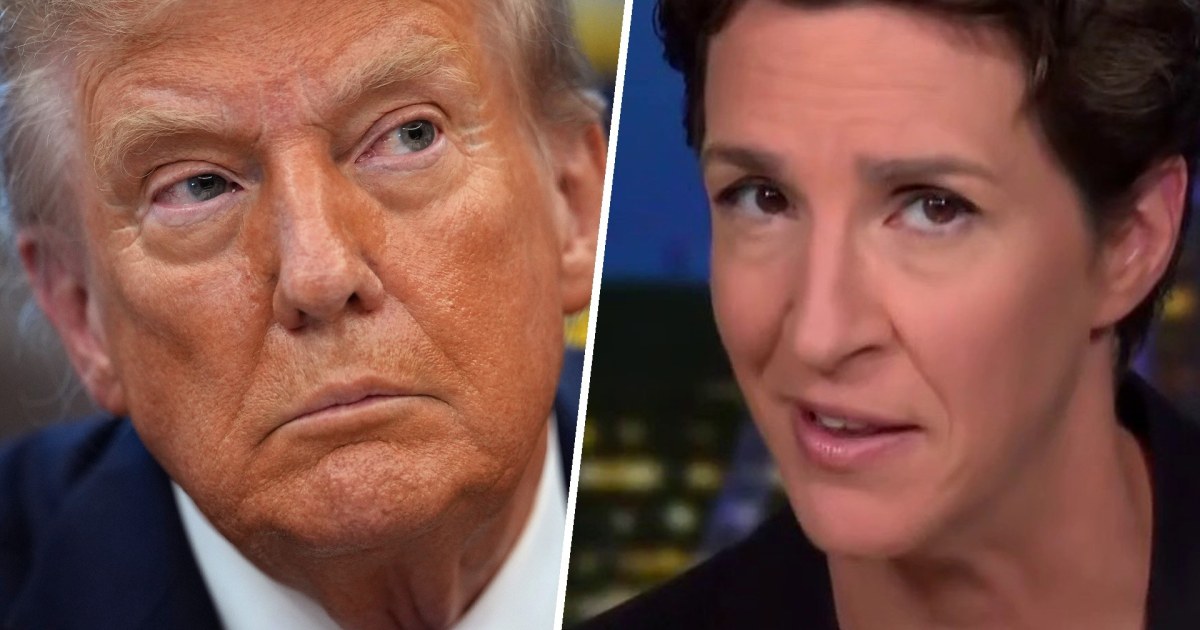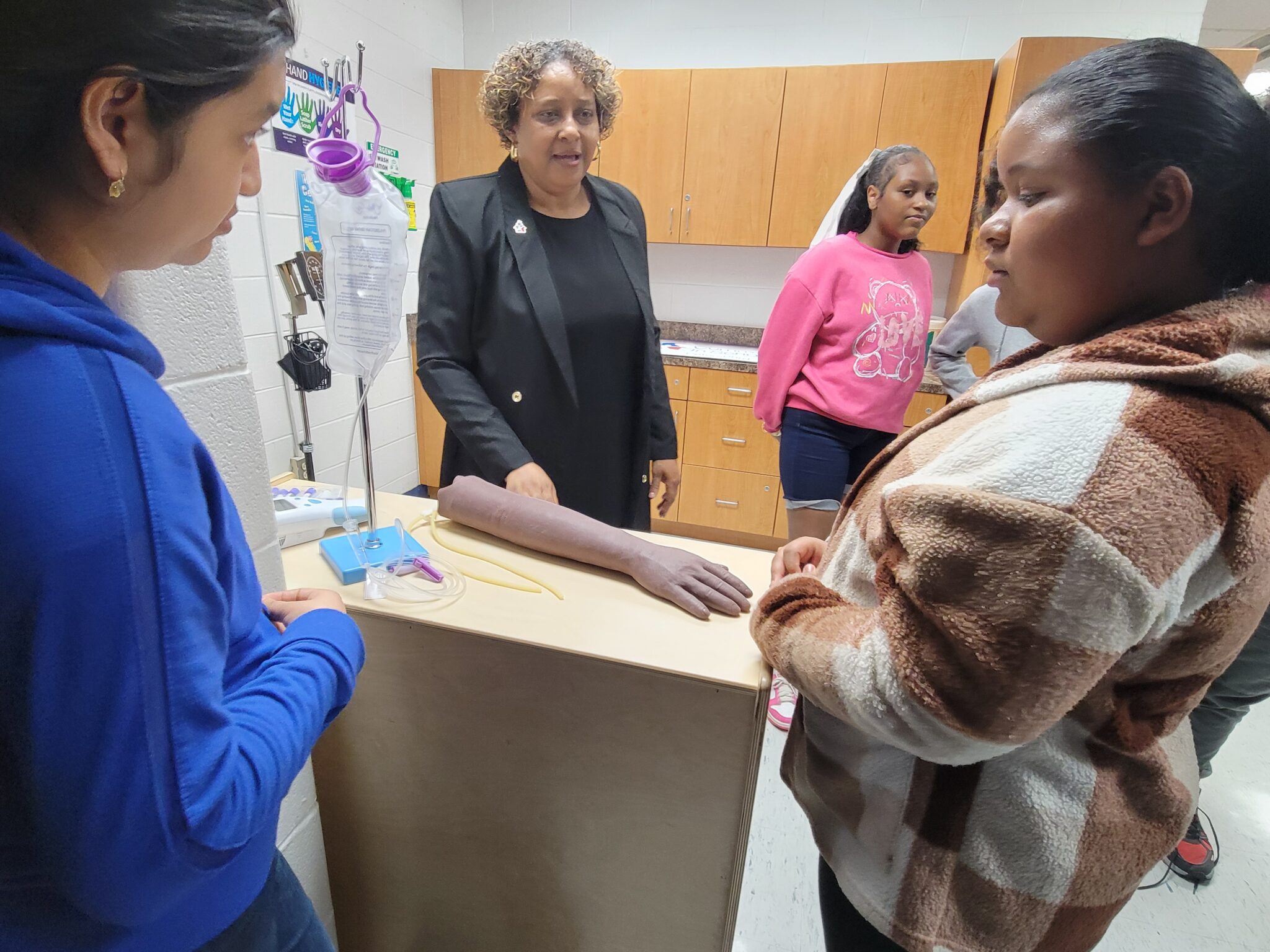Health Leadership Vacuum: How Trump's Cabinet Pick Backfired and Empowered State Governors

In a controversial move that has sent shockwaves through the public health community, Donald Trump's appointment of Robert F. Kennedy Jr. as Health and Human Services (HHS) Secretary has precipitated a dramatic reshaping of the nation's healthcare infrastructure. Kennedy's aggressive approach has led to systematic dismantling of key departments, significant funding cuts, and widespread dismissal of established health experts.
The resulting leadership vacuum has effectively forced state governments to assume unprecedented responsibility for critical health initiatives, including vaccine distribution and pandemic response. This unprecedented shift has left many public health officials scrambling to maintain essential services and protect community health.
Dr. Tao Sheng Kwan-Gett, the chief science officer for the Washington State Department of Health, recently appeared on Rachel Maddow's show to provide critical insights into the unfolding crisis. His testimony highlighted the challenging landscape created by these sweeping administrative changes, underscoring the potential long-term consequences for public health infrastructure.
As states are compelled to develop independent strategies, the national healthcare response has become increasingly fragmented, raising serious concerns about coordination and effectiveness in addressing emerging health challenges.








